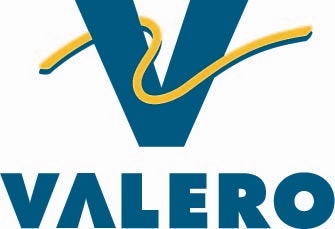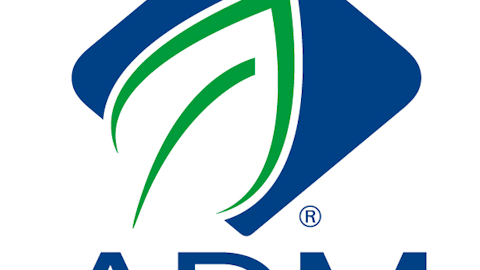Eight hundred million dollars.
That’s how much money Valero Energy Corporation (NYSE:VLO) estimates it will cost to comply with the United States’ Renewable Fuel Standard through the purchase of Renewable Identification Numbers, or RINs. It’s a pretty hefty bill no matter how you spin it, and those charges can only lead to one thing: higher gas prices.
Let’s look at this renewable fuel credit phenomenon and see why it’s having such an effect on refiners’ bottom lines and your gasoline bill.
From RINsanity to higher gas prices
When RINs were created in 2005, they were intended to reduce our reliance on foreign oil with a domestic energy source. In a way, they did their job rather brilliantly. The RIN credit enabled ethanol producers to earn an extra premium on their product that helped to cover the costs of development. Within six years, the production of ethanol shot up 257% and was helping to displace just over 9% of our fuel needs. As the production of ethanol increased, the price of RINs remained steady. Then this happened:

The massive run-up back in March was frightening, and it hasn’t gotten much better since. Spot prices for D6 RINs — corn ethanol — hit an all-time high of $1.48 last week. For refiners to meet the requirements for the Renewable Fuel Standard, they have to buy these RIN credits, sometimes from the secondary markets completely independent of the purchase of the ethanol itself. This is one of the reasons Valero Energy Corporation (NYSE:VLO) has given that $800 million figure for losses attributable to RINs, and Marathon Petroleum Corp (NYSE:MPC) has already given warning that RINs will have a significant impact on its earnings release in August.
Since RINs are having such an impact on company earnings, it’s probably likely that the companies haven’t been pricing RINs into their gasoline. That means we haven’t seen a major uptick in gasoline prices — yet. But it’s awfully hard to imagine that refiners will remain so altruistic, so eventually these higher RIN costs will get passed down to the consumer.

Refiners’ reaction
In a way, Valero Energy Corporation (NYSE:VLO) has quite possibly the best case to make of anyone out there when it comes to the interaction of refiners and ethanol. Not only is the company a major oil refiner in the United States, but it’s also America’s No. 3 ethanol producer and is responsible for making just over 8% of the nation’s corn ethanol supply. To paraphrase Valero CEO Bill Klesse, ethanol is a viable source of fuel that has some promise, but RINs are creating more problems than needed and need to be redone.
Long-term, Valero Energy Corporation (NYSE:VLO) has the potential to be hurt less by the current RIN issue than many others. Currently, a hit of $800 million would cut out about 15% of the company’s operating cash flow. But one of the major advantages that Valero shares with other independent refiners like Marathon Petroleum Corp (NYSE:MPC) and Phillips 66 (NYSE:PSX) is that they have a large capacity to export petroleum to premium markets that don’t require ethanol blending and thus RIN credits. If RINs prices were to continue on their current track, it would not be a stretch to see these refiners and several of the integrated majors push for more petroleum product exports in order to avoid these costs.





